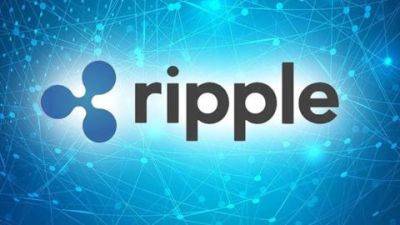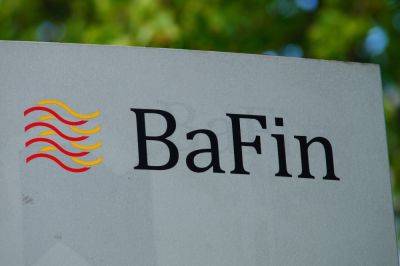Ethereum Co-Founder Vitalik Buterin Says Validiums are Not Genuine Rollup Solutions
Vitalik Buterin, the co-founder of Ethereum (ETH), has ignited a debate about the classification of various layer 2 scaling solutions.
The crypto veteran has claimed that Ethereum’s validiums should not be considered genuine rollup solutions.
The statement came in response to a post by Daniel Wang, the founder of Taiko, an Ethereum rollup solution, who said if an Ethereum rollup relies on an external data chain, such as Celestia’s modular blockchain, then it should be classified as a validium.
Buterin concurred with Wang’s comment, stating:
“This is correct. The core of being a rollup is the unconditional security guarantee: you can get your assets out even if everyone else colludes against you.”
He emphasized that if data availability depends on an external system, that security guarantee cannot be upheld.
This is correct.
The core of being a rollup is the unconditional security guarantee: you can get your assets out even if everyone else colludes against you. Can't get that if DA is dependent on an external system.
But being a validium is a correct choice for many apps, and…
— vitalik.eth (@VitalikButerin) January 16, 2024
Validium is a scaling solution for Ethereum that utilizes zero-knowledge proofs to enable off-chain transactions, while still relying on the Ethereum mainnet for security and verification.
Unlike ZK-rollups, which batch transactions on a layer 2 network and verify them on a layer 1 like Ethereum, validium networks do not post transaction data to layer 1.
Instead, they post cryptographic proofs of transaction validity, aiming to achieve higher scalability by avoiding the need to store full transaction data on-chain.
However, compared to rollups, validiums face challenges in terms of data availability, as they
Read more on cryptonews.com






















